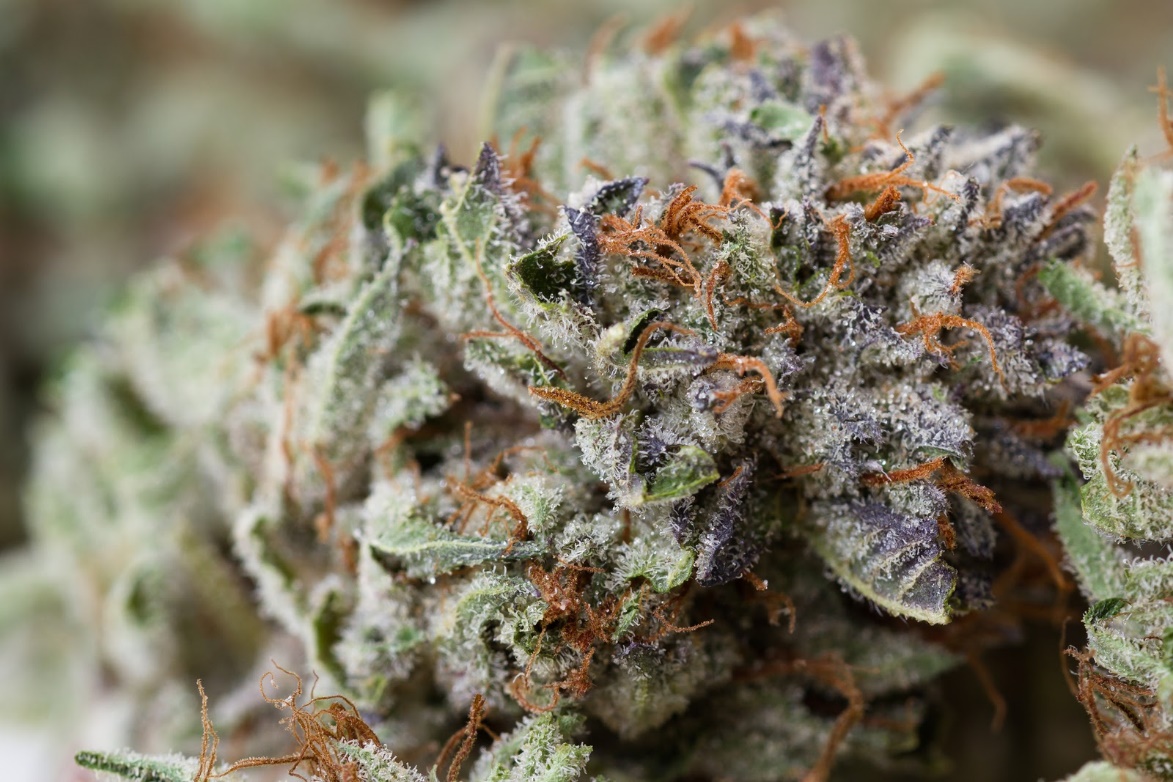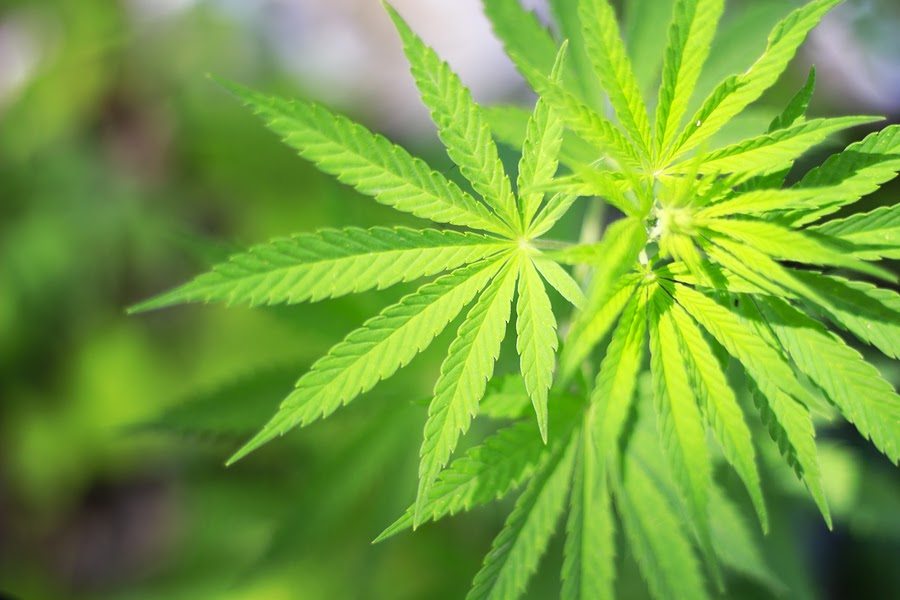Marijuana is by no means a new “product.” However, the marijuana industry is very new. Laws against marijuana made it impossible for a licit Cannabis industry to exist in the U.S. until the late ‘90s, when California became the first state to legalize medical marijuana. With marijuana legislation relaxing, faster growth is occurring in the Cannabis industry. But is this good news or bad news for patients? Ultimately, the answer is probably a little bit of both.

How Patients Will Be Affected by an Increase in Marijuana Dispensaries
Increased growth in the Cannabis industry affects patients in two ways:
- It has effects on the pricing of products. These effects are mostly positive, but could also be negative.
- It also has effects on the nature and availability of products. Unfortunately, these effects are almost entirely negative.
How will these economic factors play out, specifically for medical Cannabis patients? I’m concerned that it may be very negative, at least in the near-term.
Let’s take a look at the facts, starting with contention number one: “Increased competition generally makes Cannabis more affordable.”
On one hand, increased competition between medical marijuana dispensaries will inevitably result in lower prices. The more dispensaries in Massachusetts a patient can choose between, the less incentive he or she has to choose the dispensary with higher prices. (Admittedly, this effect is dampened by the fact that many Cannabis patients have physical impairments which make long-distance travel prohibitively difficult.)
On the other hand, there may be economic drawbacks as well. When medical dispensaries are merged with or pitted against recreational retailers, the likely effect on pricing is the opposite: that medical costs will increase. Since the common perception is that more money is to be made in recreational sales, products will be geared toward that market. This will leave patients with fewer options of both products and outlets from which to buy them. This will drive prices up!
Dan Adams of the Boston Globe pointed this out in May, writing, “With retail pot shops set to open next year in Massachusetts, advocates are worried that medical [C]annabis patients could be forced to pay higher prices for the drug, lose access to specialized preparations, or simply end up marginalized among the coming flood of recreational users.”
Needless to say, this is a concern for everyone who uses medical marijuana, particularly patients at the lower end of the income scale, such as disabled individuals and elderly retirees.
However, effects of increased competition upon the availability of products will arguably become the more serious issue, at least from a health and safety standpoint. To that end, let’s look at contention number two: “Marijuana products are changing, and not for the better, because of increased competition.”
As medical dispensaries scramble to prepare for the oncoming shift toward a recreational model, certain medical products are likely to be shoved aside: namely, any products that aren’t “fun” for recreational users (such as moderate THC flower that I recommend to patients to provide the best therapeutic effect).
Likewise, there’s a growing trend toward an emphasis on novelty products, even within the medical market. If you missed my recent op-ed, I wrote about the obvious problems with prescribing things like “marijuana pizza” to cancer patients. Not only is this bad for the patient – in what universe, I asked, is pizza appropriate care for the seriously ill? – it also fortifies the harmful (and wildly inaccurate) perception, held by many legislators, that marijuana lacks legitimate medical applications. The more that perception is reinforced, the harder it is to pass laws that improve care and even save lives.
At “best,” patients are increasingly purchasing ineffective products; and in a worst-case scenario, a patient could actually be harmed. As a Boston medical marijuana doctor, it’s something I’m seeing more and more of in my practice: the dispensary no longer carries a certain product, and the patient has nowhere else to go. Even if he or she is willing to travel to a different dispensary, there is no guarantee that the next dispensary will have what is needed. This presents the patient with undue hardship, and often leads to a medication substitution at the recommendation of the budtender. Since these budtenders have no formal medical education, their recommendations are often wrong and possibly even harmful (as I’ve seen).
Substitute any conventional medication for Cannabis to put this issue into perspective. Imagine going to a CVS in Cambridge to pick up your prescription antibiotics or blood-thinners, only to be told, “Sorry, we don’t carry that medicine here – but there’s a Rite Aid in Brookline that might. Or,” you might be told, “you could try this other product” – which might deliver a much higher dosage than what’s needed or recommended considering your condition and medical history.
At least a pharmacist has the needed training to make substitutions, within very tightly specified bounds. More importantly, a pharmacist knows when not to make substitutions, and rather, refer the patient back to the doctor.
Budtenders have none of that expertise, nor are they required to have any formal training beyond the dispensary’s sales training.
There are two ways to approach these problems and help patients ride out the industry’s growing pains with minimal damage.
The first way is to keep the medical marijuana and recreational marijuana industries separate. This would allow lawmakers to implement tougher standards for medical Cannabis without affecting recreational retailers, whose consumer base will obviously approach marijuana products with a different set of wants, expectations, and in many cases, budgets than medical patients and cardholders. Unfortunately, Massachusetts is taking the opposite approach by folding its medical system into its nascent recreational system, which effectively rules this solution out – at least for the time being.
The second way is to expand prescribing powers for physicians. Right now, the Drug Enforcement Administration (DEA) lists Cannabis, alongside heroin, as a Schedule I drug, meaning a drug “with no currently accepted medical use.” This eliminates the possibility of a pharmaceutical system at the federal level. Of course, this is also makes Cannabis illegal at the federal level, yet it has been made available for medical use (or outright legalized) in many states.
My point is that lawmakers in Massachusetts already have, at the state level, a prescribing system at their disposal which could have been used – or could now be used – so that doctors could write an order for the product type, the dose, the frequency of administration, and the amount to be sold. The patient could then bring this order to the dispensary, or even a real pharmacy – which, in an optimal system, would be (1) regulated independently of recreational retailers, and (2) regulated more strictly than recreational retailers. States including New York and Florida have such strict regulations in place, and their patients are the better for it.

Ask a Doctor About Getting a Medical Marijuana Card in Boston, MA
I’m glad that, as a nation, our cultural attitudes toward Cannabis are becoming more reasonable and science-based. We’ve progressed a long way from the Reefer Madness hysteria that typified most of the twentieth century, depriving countless people of gentle and effective relief in the process.
Nonetheless, there are still some obstacles standing between patients and their ability to access, unimpeded, the appropriate Cannabis products. As the marijuana industry continues to attract more investment, more dubious products are trickling onto the shelves (while some important products are slowly becoming harder to find). As a consequence, the importance of scientifically accurate medical guidance is increasing – especially for patients who lack experience with Cannabis.
After graduating from Harvard Medical School and working for many years as an Emergency Physician specializing in addiction, I established Inhale MD to help ensure that more people would have access to reliable, research-driven information about how Cannabis works and how to use it as safely and effectively as possible.
With offices conveniently located in Brookline and Cambridge, plus secure online consultations, Inhale MD serves adult patients throughout the state of Massachusetts. If you or a loved one lives in Massachusetts and has been diagnosed with cancer, Parkinson’s disease, arthritis, multiple sclerosis, HIV, ALS, or hepatitis C, I invite you to contact Inhale MD at (617) 477-8886 for a confidential consultation concerning a medical marijuana card for your condition.

